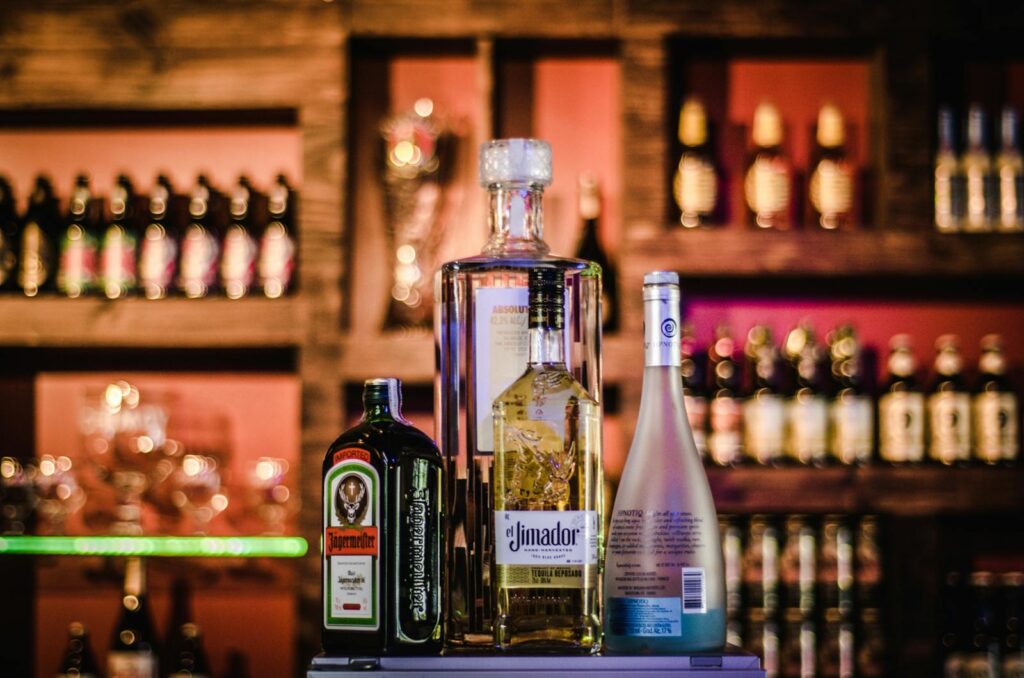How Alcohol Affects Weight Loss and Metabolism
Did you know alcohol consumptions can impact weight loss and metabolism? Read on to learn more.
What happens after you drink alcohol?

First of all, what exactly happens when alcohol is consumed? Alcohol is quickly absorbed in the stomach into the bloodstream.
From there, it travels to the liver to be metabolized (broken down) to be removed from the body. In the liver, alcohol is broken down into acetaldehyde which is a cancer-causing toxin.
If you are consuming alcohol with a meal, it’s important to know that food does affect alcohol’s impact on the body. Food slows down the absorption of alcohol thereby delaying the effects of alcohol.
Negative Effects of Alcohol on the Body
Alcohol has negatives effects on the body. One of these its its impact on metabolism. Alcohol slows down metabolism and can affect weight loss. The exact impact varies from person to person.
How exactly does alcohol slow down the metabolism? The body sees alcohol as a toxin and stops metabolizing everything else (proteins, carbs, and fats) and focuses of metabolizing alcohol to be removed from the body. This means that foods eaten at this time have to wait in line be metabolized and is often stored as fat.
Another negative effect of alcohol on the body arises from the metabolism of alcohol. As mentioned before, the liver breaks alcohol down to acetaldehyde with is a toxin.
Any Positive Effects of Alcohol on the Body

Resveratrol, which is found in red wine has been associated with heart disease prevention. However, increased consumption does not equal increased benefit.
Breaking down the numbers on alcohol
Next let’s break down the numbers and answer some questions that can help you determine where and how much alcohol may fit into your diet….

How does calories from alcohol compare to calories from proteins, carbs, and fat?
- 1 gram of protein = 4 calories
- 1 gram of carb = 4 calories
- 1 gram of fat = calories
- 1 gram of alcohol = 7 calories
What constitutes one drink?
- 2 oz. regular beer, usually about 5% alcohol
- 8-9 oz. malt liquor (7% alcohol)
- 5 oz. table wine (12% alcohol)
- 1.5 oz. 80-proof hard liquor (40% alcohol)
What are the recommendations for alcohol consumption?
- Females: No more than 1 drink a day
- Males: No more than 2 drinks a day
- Adults > 65 years old: No more than 1 drink a day
As a dietitian, I recommend that each patient discuss with their doctor what amount of alcohol, if any, is appropriate to consume.
In Conclusion
Hopefully you have a better understanding of how alcohol can impact your weight and metabolism. If you have further questions about your nutrition plan, don’t hesitate to reach out to dietitian and pharmacist Dr. Ofon for personalized guidance!

